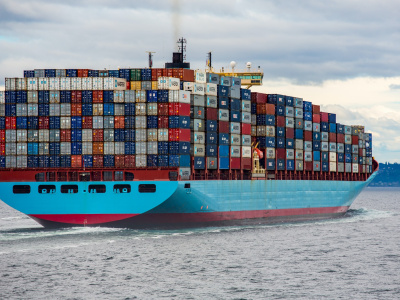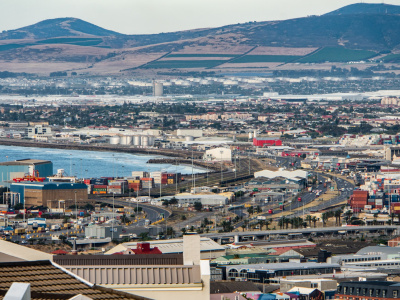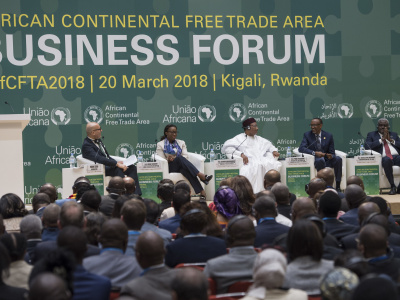
The AfCFTA and industrialisation: From policy to practice
The African Continental Free Trade Area (AfCFTA) is hoped to promote industrial development through diversification and regional value chain development. Bruce Byiers, Philomena Apiko and Poorva Karkare discuss some of the practical challenges and look at the political dynamics that play out within and between states which could make or break regional industrialisation ambitions.
Summary
The African Continental Free Trade Area (AfCFTA), though ostensibly focused on trade, is hoped to promote industrial development through diversification and regional value chain (RVC) development. However, despite the long-standing objective of using regional trade to enhance industrialisation, ambitions often run aground at the implementation stage.
This paper discusses some of the practical challenges of combining the AfCFTA with industrial ambitions. It highlights the fact that regional free trade areas will continue to govern regional trade and evidence that tariff liberalisation will generate only small gains, thus underlining the importance of understanding and addressing existing challenges to promoting RVCs.
In particular, the paper looks at the political dynamics that play out within and between states which could make or break regional industrialisation ambitions. While many existing challenges to industrialisation and RVC development will remain the same, the paper also highlights the political opportunity offered by the AfCFTA to address long standing regional market integration and cooperation challenges.
This paper was produced as part of the second phase of our project on the political economy dynamics of regional organisations in Africa – PEDRO II.






